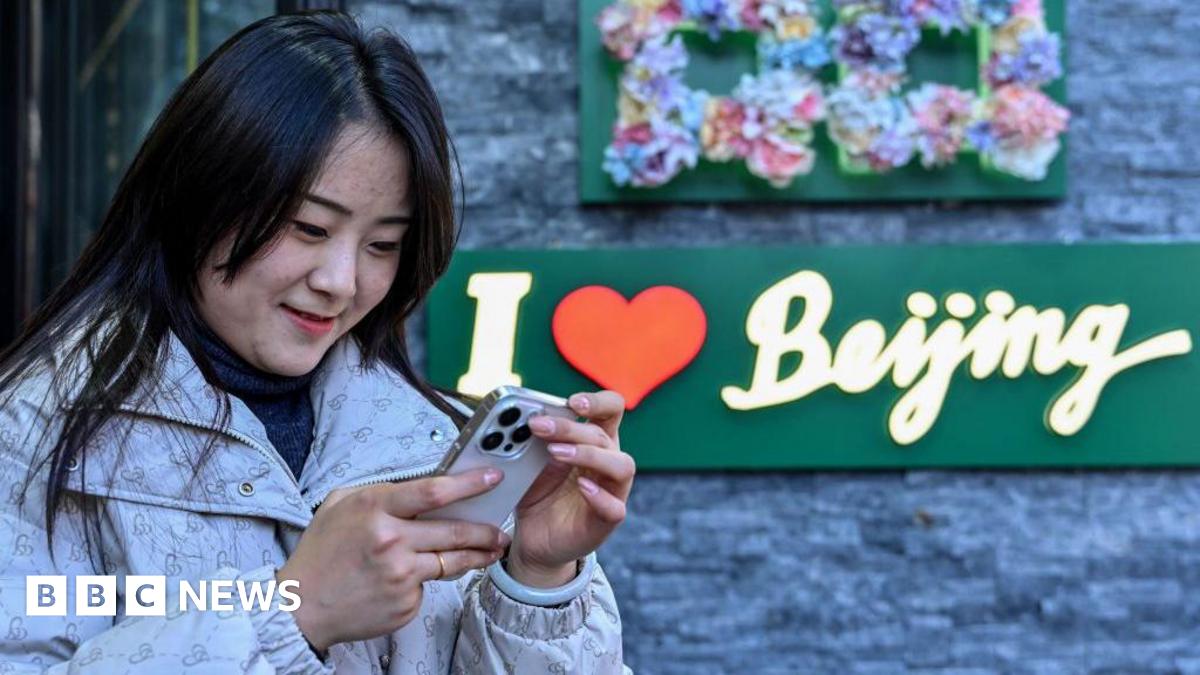DeepSeek: How China’s ‘AI heroes’ overcame US curbs to stun Silicon Valley

“While these restrictions pose challenges, they have also spurred creativity and resilience, aligning with China’s broader policy goals of achieving technological independence.”
The world’s second-largest economy has invested heavily in big tech – from the batteries that power electric vehicles and solar panels, to AI.
Turning China into a tech superpower has long been President Xi Jinping’s ambition, so Washington’s restrictions were also a challenge that Beijing took on.
The release of DeepSeek’s new model on 20 January, when Donald Trump was sworn in as US president, was deliberate, according to Gregory C Allen, an AI expert at the Center for Strategic and International Studies.
“The timing and the way it’s being messaged – that’s exactly what the Chinese government wants everybody to think – that export controls don’t work and that America is not the global leader in AI,” says Mr Allen, former director of strategy and policy at the US Department of Defense Joint Artificial Intelligence Center.
In recent years the Chinese government has nurtured AI talent, offering scholarships and research grants, and encouraging partnerships between universities and industry.
The National Engineering Laboratory for Deep Learning and other state-backed initiatives have helped train thousands of AI specialists, according to Ms Zhang.
And China had plenty of bright engineers to recruit.
Related
EU denies picking on US tech giants, says US also…
BRUSSELS (Reuters) - Europe's new tech rule aims to keep digital markets
H-1B Visa 2025: How and why US policy shift may…
Recent changes in US H-1B visa policies have sparked significant concern within the Indian IT professional community hoping to work in America. However, the a
Alibaba Group (BABA) Stock: Chinese Tech Giants Gain $439 Billion…
Chinese tech stocks have gained over 40% this year, adding $439 billion in valueChina’s “7 titans” are outperforming the US “Magnificent Seven” tech s
The Global Spread of Protectionist Policies That Squeeze American Tech…
An increasing number of countries in recent years have begun targeting America’s leading technology firms with policies touted as measures to promote fair com













